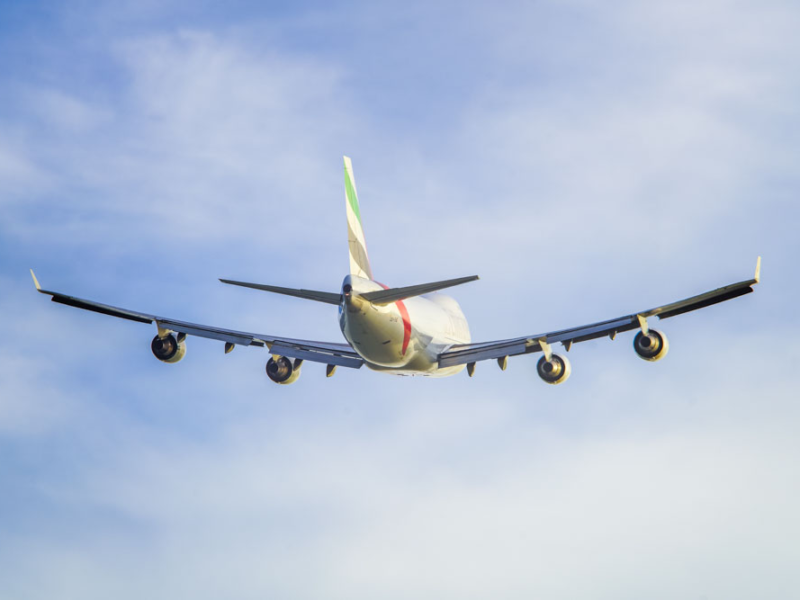This post is especially for people who are used to booking flights for domestic travel but still new to international travel. Keep reading to know four key differences between the two.
There are some major differences between domestic and international flights. It is essential to know these differences, especially if you’ve been travelling domestically but still new to international travel. Let’s look at 4 key differences.
- The Importance of Travel Insurance
This is one of the major differences between the two flights. While you can opt for travel insurance on both domestic and international flights, their coverage can vary significantly between the two. Many travellers don’t opt for a medical travel insurance while booking domestic flights, especially if they already have a medical insurance policy. However, most medical policies don’t cover your medical expenses in an international country. Thus, buying a medical travel insurance policy becomes extremely important. Moreover, the extent of travel insurance coverage on international flights is usually much more than domestic flights. For instance, the domestic travel insurance policy might not cover you for flight delays or cancellations, while an international travel insurance policy mostly does cover this.
- The Details You Enter
Another key difference is in the way you book your flight tickets. For a domestic flight, all you need to enter is your name and age. The name should match any of your identification documents recognised by the state and central government. However, you’ll have to enter your name, your age, and your passport number as well while booking your international flights. Moreover, your name should match the name on the passport.
- Low-cost and Full-service Airlines
Full-service airlines offer better amenities and all-inclusive prices, including in-flight meals, beverages and entertainment. On the other hand, low-cost carriers offer cheaper price tickets to accommodate the lesser services passengers get. While the difference between a low-cost and a full-service airline is big in domestic flights, the borders between the two become bleaker when you fly internationally. For instance, most low-cost airlines offer in-flight meals in international travel. However, you still don’t get some beverages such as alcohol in most of the low-cost carriers. Moreover, most travel experts say that the legroom of a low-cost international airline is slightly more than its domestic counterpart. Thus, evaluate the differences carefully and select the flight that matches your needs.
- Miles on Flight Bookings
You can earn miles on both domestic and international flights. In fact, it is recommended to enrol in a mile program even if you fly just domestic as it can help you save considerably. However, the miles that can be earned on international flights is much more. This is majorly due to the price difference between the two. Thus, it becomes even more important to join a frequent flyer or a travel loyalty program. Moreover, when you travel internationally, you have a better chance of accumulating air miles from your hotel stays, cab rentals, dining out, shopping from duty-free shops, etc.
Transit Visa and Layover Duration in Via Flights
Taking a flight with multiple stops doesn’t require you to take a transit visa irrespective of the layover nature or duration. However, you may have to take a transit visa for a layover at an international destination. However, if you’re not exiting the airport or the terminal, you will mostly not need a transit or a tourist visa. When you’re flying within the country, you’ll not need a visa even if you wish to exit the airport. However, for international travel, you’ll need to acquire one if you wish to exit the airport and explore the city. For instance, the flight time from Mumbai to Singapore would be around 6 hours for a non-stop flight, but a flight with stops could last between 10-30 hours, depending on the layover duration. And if you wish to exit the transit airport, say Hong Kong, you’ll need a tourist visa.
Know these differences and book the right flight based on your budget and requirements. Happy travelling.






